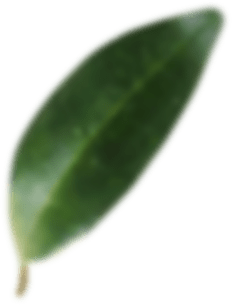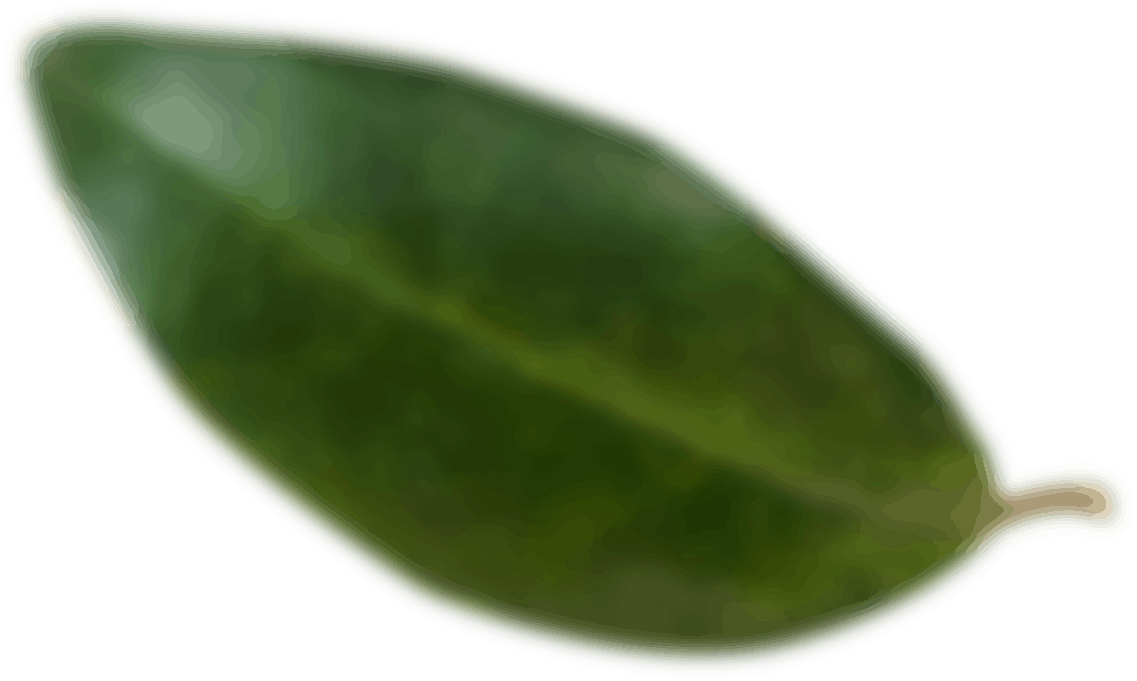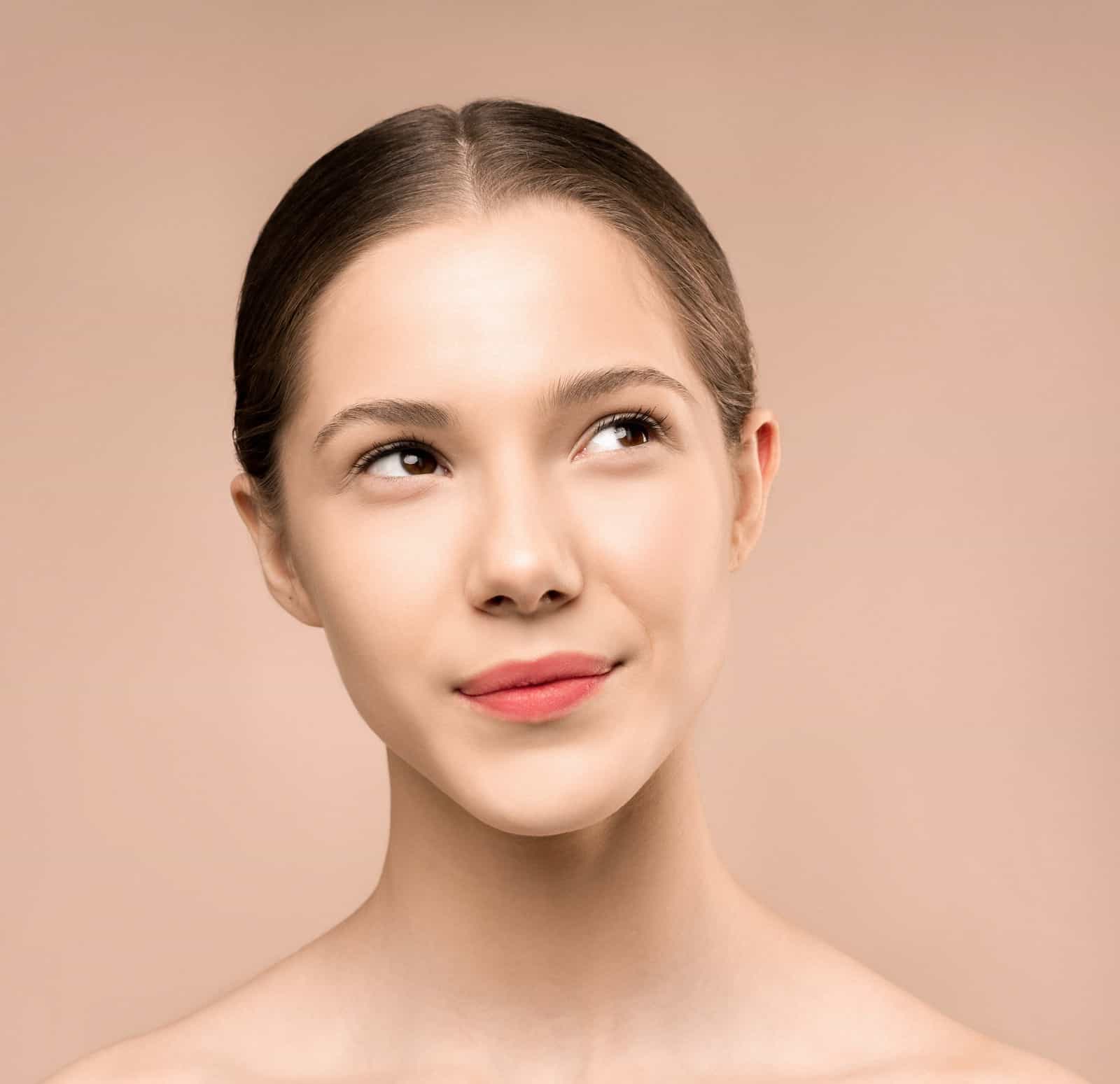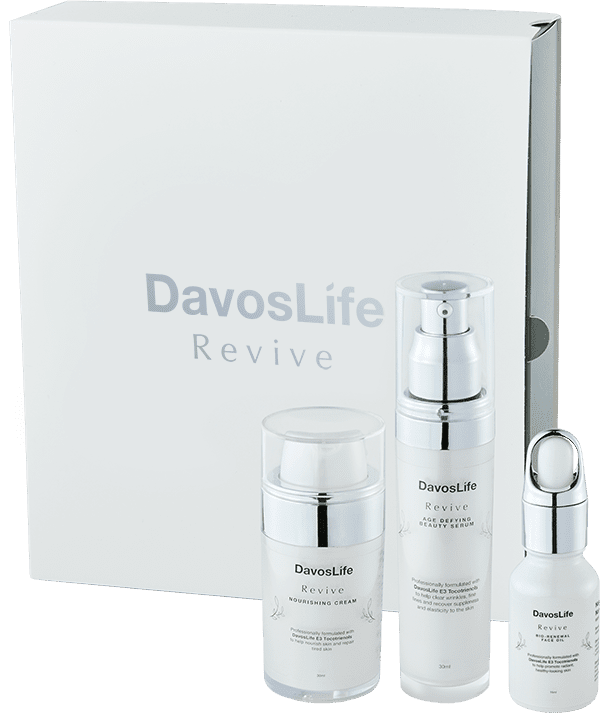Think Tocotrienols
*Adapted from The Star news article “Want smooth, white skin and larger muscles? Think tocotrienols”, written by Tan Shiow Chin.
Read the full article here
Research on cells shows that this vitamin E family member
works on both the genetic and protein levels
to produce firmer, fairer skin and larger muscles.
Vitamin E for naturally beautiful skin
Oftentimes, we can see that something has an effect—for example, the use of vitamin E in skincare and cosmetics.
This essential micronutrient has been touted as having anti-ageing effects on the skin, including preventing wrinkle formation, protecting against ultra-violet (UV) rays, and having a whitening effect.
But how exactly does it produce these effects?
That is what researchers like Prof Datuk Dr Wan Zurinah Wan Ngah and Prof Dr Suzana Makpol are working to find out. The two biochemistry professors with Universiti Kebangsaan Malaysia’s (UKM) Faculty of Medicine have been researching the effects of Tocotrienols for several years now.

Coping with the ageing process
Says Prof Wan Zurinah: “We moved into ageing because we thought that this is something people should be more aware of.
“With ageing comes the increased risk of non-communicable diseases (NCDs), for example, cardiovascular diseases, cancer, cognitive disorders, etc. So, if we could increase a person’s ‘healthspan’ – that is, the amount of time a person stays healthy – their quality of life would be improved, and the onset of NCDs could be delayed.”
She adds that the benefits of this would be huge, not just in terms of individual quality of life, but also in productivity and the economy.
“NCDs cost a lot of money because they are chronic diseases,” she notes.
Prof Suzana, who heads the medical faculty’s biochemistry department, explains that there’s one ageing theory called the free radical theory of ageing.
This theory, initially proposed by American scientist Dr Denham Harman in 1954 (who coincidentally passed away on Nov 25, 2014 at the grand old age of 98), suggests that organisms age because free radicals cause oxidative stress to the body’s cells.
In this scenario, we can surmise that anti-oxidants can slow down the ageing process as they react with free radicals to neutralise them.

More collagen, younger skin
In a series of experiments, they examined the effects of both tocotrienol-rich fraction (TRF), comprising 70% Tocotrienols and 30% tocopherols and gamma-tocotrienol, on human fibroblasts.
They found that both TRF and gamma-Tocotrienols significantly affected collagen’s presence produced by the fibroblasts.
Explains Prof Wan Zurinah: “One of the proteins that give our skin structure is collagen. As we age, collagen is produced less and is broken down more by the enzyme matrix metalloproteinase (MMP). What Tocotrienols do is to increase collagen synthesis and also reduce collagen breakdown by MMPs.”
This dual effect is a result of tocotrienol’s action on both the genetic and protein levels.
The result at the organ level means firmer, more supple skin, and fewer wrinkles.
Less melanin, more muscles
Tocotrienols also affect the production of melanin in our skin. Melanin is a pigment that increases with prolonged exposure to sunlight – or more specifically, UV rays – and ageing. This is because melanin protects our skin from the harmful effects of UV radiation by absorbing and dissipating these rays from our body.
However, it also causes our skin to darken, which is viewed as undesirable in the Asian concept of beauty and fairness.
Using keratinocytes – the dominant cell type in the epidermis or outermost layer of our skin – Prof Suzana and her colleagues discovered that the TRF had a significant effect on the amount of melanin produced by those cells.
Explains Prof Wan Zurinah: “The way Tocotrienols work is by inhibiting the enzyme that catalyses the creation of melanin, as well as the genes that are responsible for the synthesis of melanin, which is responsible for the pigment in our skin.”
Her latest research looks into Tocotrienols’ effects on myoblasts – an embryonic cell that fuses into myotubes that are the foundation for our muscle fibres. So far, Prof Suzana shares that based on observation alone, myotubes’ formation is better when treated with Tocotrienols.
“The size of the myotubes are bigger, and there are more myotubes that fuse together better,” she says. This means that Tocotrienols might also have an effect on promoting muscle growth.
About DavosLife E3 Tocotrienols
Tocotrienols are natural ingredients that can help you maintain good-looking skin. Daily supplementation of DavosLife Beau-E, an oral beauty drink, is a convenient way to ensure skin is in tip-top condition daily.
Formulated with a combination of Bioactive Tocotrienols, Collagen Peptides and Vitamin C, DavosLife Beau-E can nourish skin from within, increase essential collagen, protects against UV and give skin a natural glow.
Davos Life Science offers two products with bioactive Tocotrienols, namely DavosLife Beau-E (Oral Beauty Drink) and DavosLife E3 Complete (Softgel).
Cultivate a healthier and happier life with DavosLife today.
We’re here for you
For your overall health and well-being, visit our estore for direct purchase DavosLife E3 Complete, softgel.





